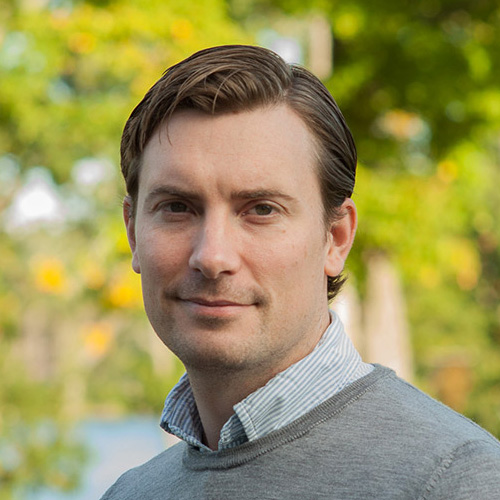Nevel’s district heating plant in Kramfors, Sweden has recently been certified for the production of biochar. A local cycle is now being formed, where carbon dioxide is returned to the ground instead of being released into the atmosphere and contributing to global warming.
Since last year, the energy infrastructure company Nevel has been testing and developing a process for producing biochar at its district heating plant in Kramfors. The purpose is to sequester carbon dioxide to reduce greenhouse gas emissions. “The pilot project has exceeded expectations – the changes we’ve made in production have yielded positive results, and the demand for biochar is strong. We will continue to develop both technology and logistics with the goal of producing biochar at several of Nevel’s heating plants around Sweden and Finland,” says Peter Bäckström, Nevel’s Country Director for Sweden.
The technology, called pyrolysis, involves combustion in an oxygen-poor environment. In addition to heat the process produces charcoal, which can be used for soil improvement, among other things. In December 2021, Nevel’s biochar production process became one of the first in Sweden to receive the European Biochar Certificate (EBC). This certification was developed by Ithaka, a Swiss non-profit research institute, and it is Europe’s de facto standard in the field.
EBC does not certify plants whose main purpose is to produce biochar. The point is to utilise side streams from the production of other resources – for example, paper, wood products or heat. Felling and burning trees solely for the purpose of producing charcoal can never be a sustainable process. Today, biochar is mostly used as a soil improver in parks and horticulture. The City of Stockholm has decided to use biochar rather than peat in all its parks and gardens. By leaving peat in the ground and using biochar instead, significant greenhouse gas emissions are avoided.
In the agriculture and steel industries, research is underway to replace fossil fuels such as coal and oil with biochar. If this research is successful, a huge market awaits. But this large-scale development is not what Nevel is aiming for. “We want to contribute to local circular economies, and we’re constantly looking for new ways to generate as much benefit as we can in our facilities with the smallest possible negative environmental impact. Biochar can be of great benefit in reducing the climate footprint in plants that use biofuel,” continues Bäckström.
The plant in Kramfors is primarily fired with scrub and other residual products from the forestry industry. In this way, a local cycle is formed.

Peter Bäckström, Country Director, Nevel
“The pilot project with biochar in Kramfors illustrates what is happening in our industry. The infrastructure of the future is about combining different sustainable energy sources and technologies in a way that suits the local conditions while at the same time minimising the climate footprint. In the future biomass firing and biochar production should be combined with, for example, solar and wind power, small-scale hydropower, geothermal and waste heat from industry, data centres and treatment plants,” Bäckström explains.
For this, district heating networks are needed because solutions where each property has its own energy system, often a combination of electricity and geothermal heating, do not provide sufficient flexibility. The large-scale solutions of the 1970s, where single-family homes were heated with electricity directly from a few large nuclear power plants, do not have a future either.
Many municipalities are facing the modernisation of their energy infrastructure and adapting it to meet growing sustainability demands. These are complex investments that place high demands on both technical competence and financial strength. “Building a future-proof energy infrastructure is not a core activity for Swedish municipalities – but there is help available from companies like Nevel,” concludes Bäckström.
Fore more information, please contact:
Peter Bäckström, Country Director, Nevel
Email: peter.backstrom@nevel.com
Tel: +46 (0)76 141 44 16
